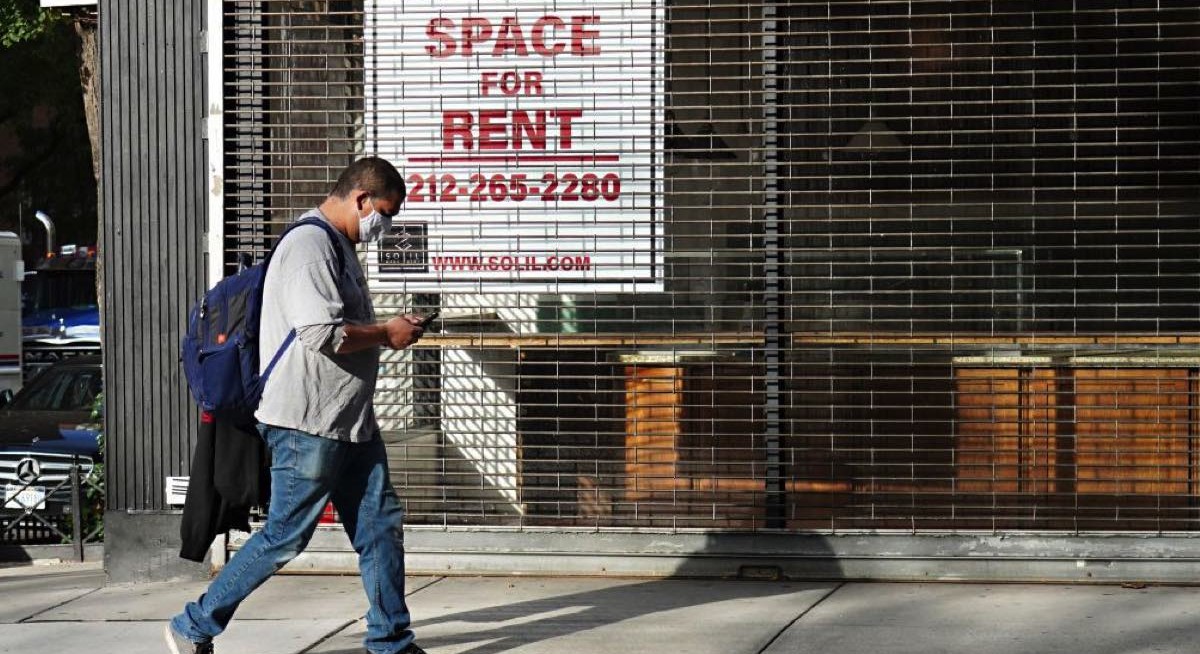Second, a substantial part of the private sector — supported by wide-open capital markets providing ample low-cost financing — has been busy thinking and planning for the post-pandemic world. Firms are looking to emerge from the crisis with a better balance between resilience and efficiency, as well as with the increased operational agility and open-mindedness that they were able to acquire only when forced into a highly uncertain and uneven crisis-management paradigm.
Third, the inherent difficulties of management during the pandemic have highlighted myriad leadership shortfalls in companies and local and national governments. The Covid-19 shock has also exposed major global and regional coordination failures, and impelled a better and more widespread appreciation for low probability, high-impact “tail events”. All this should serve to accelerate the much-needed adaptation of yesterday’s governance structures to today’s more fluid realities.
Finally, the various natural experiments forced on many countries and segments of societies during the pandemic have fostered much greater recognition of the importance of sustainability, cognitive diversity, and social responsibility. That shift may in turn allow for a much-needed change in implicit economic operating models in many areas. Instead of continuously borrowing from the future, we can and must do a lot more now to ensure greater resources for future generations so that they, too, are better off than their parents and grandparents were.
Sink your teeth into in-depth insights from our expert contributors, and dive into financial and economic trends, click here for our Views Section
Overcoming pandemic-inflicted damage
My fear is that these four possibilities are thwarted by our inability decisively to overcome pandemic-inflicted damage. Such an outcome certainly would not be the first time that an imperfect journey prevents economies from reaching a promising destination.
Following the 2008 financial crisis, for example, many policymakers were so quick to celebrate victory over the real threat of a multiyear global depression that they took their eye off the ball when it came to securing robust, inclusive, and sustainable long-term growth in its aftermath. Particularly in rich countries, this lapse aggravated structural fragilities of all types — economic, financial, institutional, political, and social — and drained their bounce-back potential.
To avoid repeating this mistake in 2021 as the world emerges from the pandemic, policymakers must act early and decisively in three areas. First, we need to ensure that we can live better with Covid-19. Even if a vaccine is approved soon, producing and disseminating it will take several months. Moreover, neither high adoption rates nor durable effectiveness are guaranteed. Therefore, we may not attain an appropriate level of herd immunity until the second half of 2021, and even that timetable is optimistic. Many advanced economies urgently need to repress Covid-19 infection rates while quickly building up critical testing and tracing capabilities, enhancing therapeutics, and improving communications. In particular, governments and public-health bodies need to do a lot more to reinforce the message that while being careful about Covid-19 involves hardships and sacrifices, it is the only way to protect oneself, one’s family and the community.
Second, governments must take steps now (such as infrastructure modernisation, green-economy investments, labour retraining and retooling, and tax reform) to counter the mounting long-term pressures on potential growth. If they fail to act quickly, the post-pandemic world will be awash with corporate bankruptcies and prolonged unemployment. Corporate concentration will be higher, globalisation will trend down, competitiveness will fall and inequality of income, wealth, and opportunity will worsen. The global economy will be less productive and more fragmented, with less participation and access, along with a higher degree of household financial insecurity. All of this could result, on both the supply and demand side, in prolonged, hard-to-overcome structural obstacles to economic recovery.
Third, policymakers must address the decoupling of finance from the real economy, which has become so extreme that future economic well-being is in jeopardy. The last thing the global economy needs is a wave of disorderly financial deleveraging in which the unwinding of non-bank financial institutions’ excessive risk-taking in the past few years undermines or even derails the economic recovery, as weak as it may be.
Failure to act rapidly on these three imperatives will significantly heighten the risk that the post-pandemic global economy becomes stuck in a paradigm of insufficient growth, excessive inequality, increasing social ruptures, and periodic bouts of financial volatility. Already, too many people are at risk of permanent economic displacement owing to pandemic-related legacies and long-incipient structural changes. A sluggish policy response will sap the energy, ingenuity, and community buy-in needed to ensure a smooth transition to new, productive, well-paying opportunities.
Engineering a big economic rebound in 2021, and maintaining strong and sustainable growth thereafter, will require much more than a Covid-19 vaccine. But with bold measures, inspirational leadership — and a bit of luck — policymakers can help to set the global economy on the right path. — © Project Syndicate
Mohamed A. El-Erian, chief economic adviser at Allianz and President of Queens’ College, University of Cambridge, was chairman of President Barack Obama’s Global Development Council. He is the author, most recently, of The Only Game in Town: Central Banks, Instability, and Avoiding the Next Collapse.



